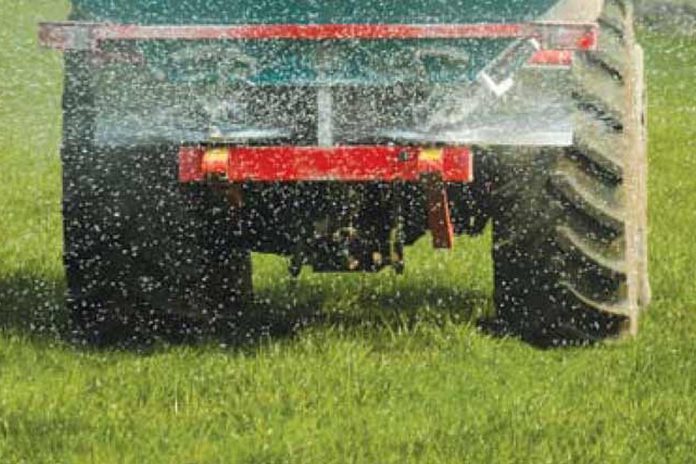Ireland’s chemical fertiliser imports peaked at over 1.8 million tonnes annually over recent years.
That is according to data that Minister for Agriculture, Food and the Marine, Charlie McConalogue, provided in response to a parliamentary question from Independent TD, Michael Healy-Rae.
On January 19th, 2022, Healy-Rae asked the minister to confirm the amount of chemical fertiliser that Ireland has imported in each of the past number of years up to December 14th, 2021.
In response, the minister provided information about chemical fertilisers imports from 2014 to November 2021.
He confirmed that figures for December 2021 are unavailable at the time of writing, but he expects the CSO to release this data next month.
The minister said, “imports of chemical fertilisers were cyclical in nature and were dependent on the relevant environmental conditions at that time”.
“My department currently has no visibility on imports for 2022,” he told deputy Healy-Rae.
Chemical fertiliser imports
Year Tonnes
- 2014 1,480,399
- 2015 1,458,926
- 2016 1,425,462
- 2017 1,602,759
- 2018 1,820,877
- 2019 1,583,885
- 2020 1,785,644
- 2021 1,559,760 (11 months)
New roadmap to reduce Ireland’s chemical fertiliser dependency
Meanwhile, Minister for Agriculture, Food and the Marine, Charlie McConalogue TD, has launched a new initiative entitled: the Teagasc Soils, Nutrients and Fertiliser Campaign for 2022.
This is in response to the unprecedented fertiliser prices and potential supply availability concerns arising this spring.
In October 2021, McConalogue requested Teagasc Director Professor, Frank O’Mara, to lay out a “credible” roadmap to:
- Assist farmers in the short term;
- Also, to offer long-term solutions “in the move” to reduce Ireland’s dependency on chemical fertilisers.
Teagasc responded by assembling what McConalogue described as “practical, easy to use” information.
He said this data would assist farmers, advisors, and other stakeholders to optimise the use of valuable plant nutrients.
The minister views this as an “important” roadmap for the short, medium, and long-term that will “help reduce our dependency” on chemical fertiliser in a sustainable manner.





